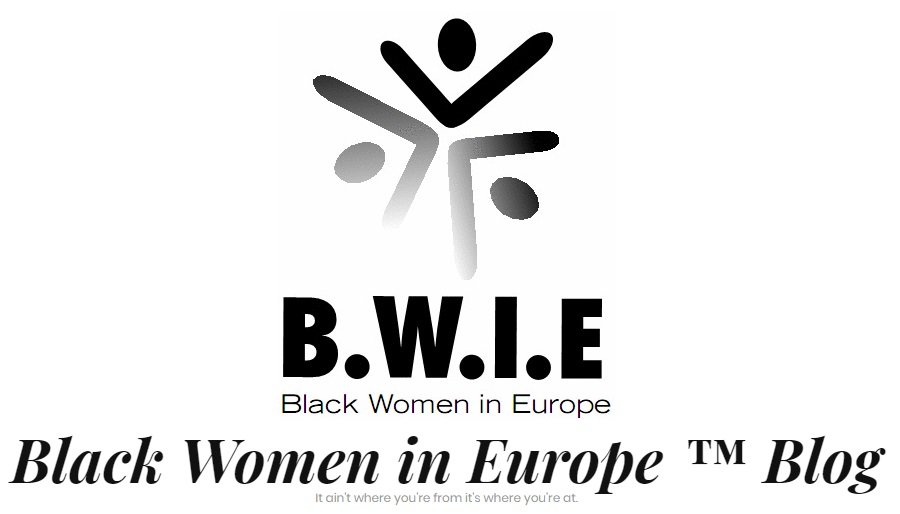| A group of community projects, led by BTWSC/African History Revisited and BBM/BMC (BritishBlackMusic.com/Black Music Congress), is delivering weekly accessible global African history programmes, starting from tonight. It is also providing a forum for exploring decolonising and African identity language, as part of supporting the wake up call from the death of George Floyd and other recent Afriphobic deaths. The murder of Floyd in Minneapolis, Minnesota on Africa Day, May 25, led to extraordinary allyship and solidarity with a dark African experience by mainstream Western institutions and ordinary Europeans, who took to the streets protesting in the US and across Europe. In addition, some Europeans expressed the need to find out more about African experiences by reading histories and biographies, to understand racism and white supremacy. There’s since been a raft of changes announced by organisations across several fields, from music, broadcast, cultural heritage to financial institutions, to address racial inequality by offering funding, reviewing recruitment procedures, leadership teams and board compositions, to imagery and the language used within their spaces, and going on anti-racism programmes. The recent need to migrate to online delivery, due to the Covid-19 pandemic, means that events by even small community organisations, can now by pitched as glocal with the potential of attracting an audience far from their physical catchment area. The Monday Xtra Sessions aim to improve knowledge of global African history in an accessible and engaging style for a deliberately wide audience, that cuts across age; ethnicity; geographical location; knowledge specialism; or industry or fraternity associations. In other words, all are welcome! The format of the Sessions, which take place 6-9pm (UK GMT+ https://bit.ly/MondayXtraHisSes2020)), starts with the screening of a specially made or re-configured video that provides some historical context to the topic of discussion. This is followed by a discussion on any aspect of points raised in the video, led by music industry and history consultant Kwaku, with input from a special guest. A poll will be conducted towards the end, to gauge attendee views on particular aspects of the discussion. As this year is the 80th anniversary of the death of pan-Africanist icon Marcus Garvey in London and the 100th anniversary of the first international convention in New York of his UNIA-ACL (Universal Negro Improvement Association-African Communities League) organisation, the second Session is very timely. HIGHLIGHTING MARCUS GARVEY, UNIA & GARVEYISM THROUGH FILM, which takes place on Sep 14, provides useful backstory to the work of Garvey and the UNIA-ACL. On Sep 21 is I WAS IN NURSING BEFORE WINDRUSH AND THE NHS. It contrasts the ubiquitous story of the Windrush generation Africans coming from the Caribbean to help the UK, by highlighting the story of a nurse from the Gold Coast (present day Ghana), who was working in the health service from 1947, which was before the docking of the Empire Windrush from the Caribbean and the formation of the NHS (National Health Service) in 1948. The last Session, for now, is on Sep. 28. THE RE:IMI UK MUSIC INDUSTRY AND RACISM FILM REMIX highlights the little known history of the intersection of music and racism (and apartheid) over the decades, and how today’s music industry is dealing with it in a post-George Floyd/#BlackOutTuesday world. Representatives of the music industry respondents to the RE:IMI Black Out Tuesday UK Music Industry Race Diversity Report are expected to talk about some of their programmes dealing with racism. Click here to read Report and here for the Press Release. These events are open to everyone, including those from non-AAME (African, Asian, Minority Ethnic) backgrounds, who since George Floyd’s death have been firming their allyship by catching up on African history and biographies, and attending racism training programmes. There’s also another opportunity for allies, particularly gate-keepers and those championing race/ethnicity-facing diversity change, to understand the politics of language and its impact on their diversity, anti-racist and decolonising work. Due to popular request, BTWSC/African Histories Revisited is repeating the Interrogating Language Of Identity And Decolonising event on Wednesday Sep 9. This Zoom (https://bit.ly/IdentityLanguage2) meeting is the forum for exploring identity language and terminologies within the workplace, academia, cultural heritage, political and anti-racist spaces, from a British African context. |
African Diaspora black UK
Global African History And Decolonising And Identity Language Forum Offered Via Zoom For Those Interested In Improving Their Knowledge In A Post-George Floyd World


